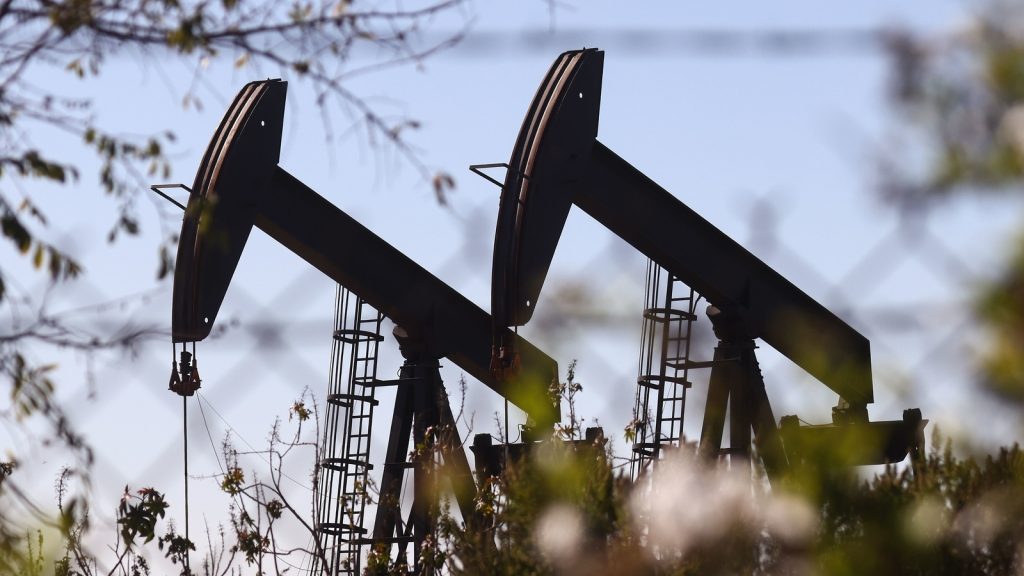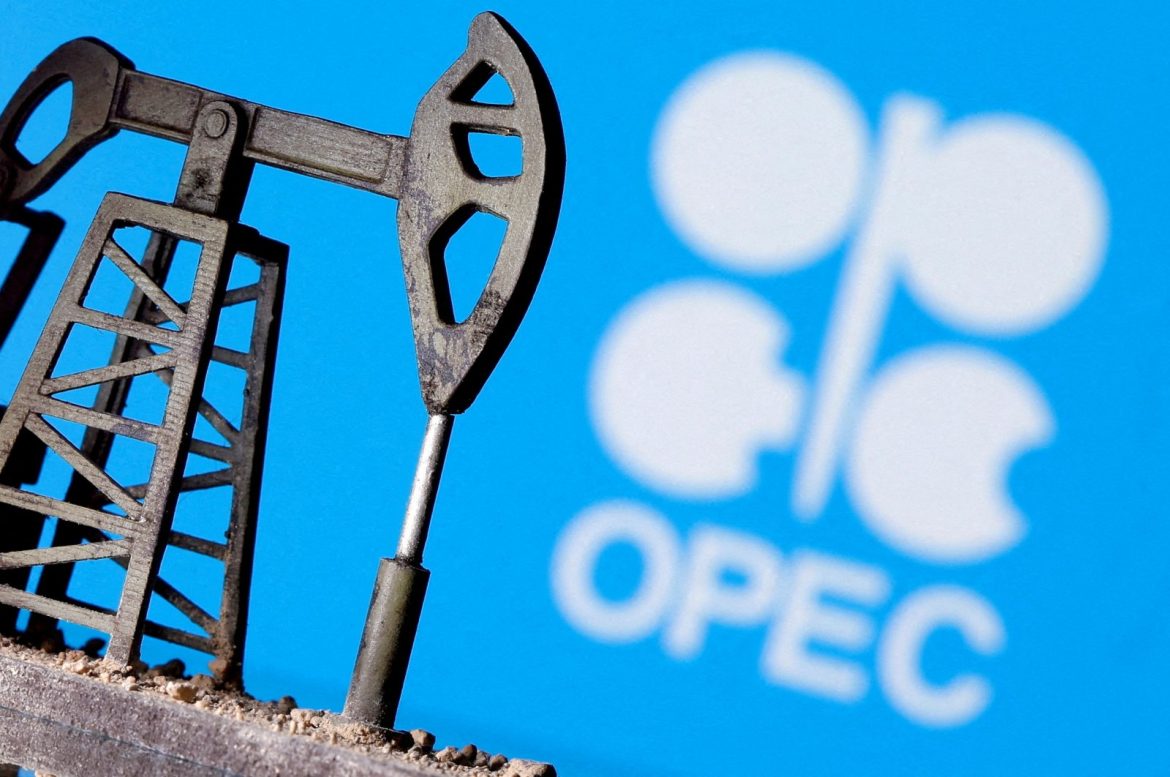Introduction
In a strategic shift that’s sending ripples across global energy markets, leading Gulf producers—Saudi Arabia, the UAE, Kuwait, Oman, and others—have agreed to increase oil production under the OPEC+ alliance. This development signals a proactive response to growing global demand and mounting pressure to stabilize prices amid economic uncertainty.
With energy markets in constant flux, this production hike could reshape trade flows, impact inflation, and shift the economic outlook for both oil-exporting and importing nations.
OPEC+ in Action: Who’s Involved?
OPEC+ is a coalition of oil-producing countries, including the traditional OPEC members and non-OPEC allies like Russia. This powerful bloc controls over 40% of the world’s oil supply, and its decisions have a major influence on global energy pricing and availability.
The recent announcement confirms that several key players in the Gulf region—Saudi Arabia, the United Arab Emirates, Kuwait, and Oman—will gradually ramp up output in the coming months. The increase is expected to contribute an additional 500,000 to 1 million barrels per day to global supply, depending on demand signals and market stability.
Why the Increase Now?
1. Meeting Rising Global Demand
As post-pandemic recovery gains momentum and industrial activity resumes, energy consumption is climbing, especially in Asia and the West. The output boost aims to keep pace with this rising demand and avoid potential shortfalls.
2. Easing Price Pressure
Oil prices have remained elevated due to tight supply, geopolitical tensions, and inflationary pressures. By increasing production, OPEC+ aims to moderate prices, making energy more affordable without crashing the market.
3. Replacing Disrupted Supply
Sanctions on certain oil-producing countries and supply chain disruptions have left gaps in the global oil flow. Gulf nations are stepping in to stabilize markets and reinforce their position as reliable suppliers.

Economic Implications for the Gulf
For countries like Saudi Arabia, the UAE, Kuwait, and Oman, the production increase brings several benefits:
Higher export volumes will generate more revenue, supporting economic diversification efforts.
Governments may channel increased oil income into major infrastructure and development projects.
National oil companies gain greater leverage in global markets, enhancing brand and trade relationships.
However, the move also requires careful balance. As Gulf nations push toward economic diversification and renewable energy, they must ensure that increased reliance on oil doesn’t slow long-term reforms.
Global Reactions and Market Dynamics
The announcement drew mixed reactions globally:
Consumers and importing countries may see some relief if the increase helps reduce fuel prices.
Energy markets welcomed the decision as a step toward stability.
Environmental groups, however, raised concerns over increased fossil fuel reliance amid global climate commitments.
Financial markets will now closely watch how quickly the additional supply reaches buyers, and whether demand keeps pace.
A Look Ahead: What Could Come Next?
OPEC+ has made it clear that its strategy remains flexible and responsive. If market conditions change—whether due to economic shifts, policy moves, or geopolitical flare-ups—the group is ready to adjust production again.
Future discussions may also explore:
The impact of global energy transition efforts
The role of emerging technologies in oil production
Diversification within Gulf economies amid fluctuating oil prices
- Investcorp to Invest in Port of Duqm expansion
- France expresses strong support for India against terrorism, trade ties deepen: Piyush Goyal
- Starlink Debuts in Oman: High-Speed Satellite Internet Now Available Nationwide
- 4th China-CEEC Expo & International Consumer Goods Fair Opens in Ningbo, with Estimated Import Purchases from CEECs Exceeding 10 Billion Yuan
- India’s growth to surge by 0.2% to 6.4% while China’s projection reduced by 0.3%: Fitch Ratings
- How US Tariffs Could Impact GCC Banks and Economy

